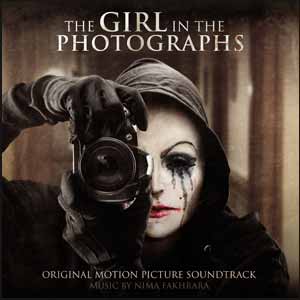|
Click here to return to the main site. Nima Fakhara (composer)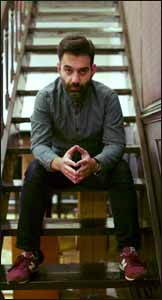 Nima Fakhara was born in Tehran, Iran and is a composer currently based in Los Angeles. Darren Rea caught up with him as the scores for 1979 Revolution and The Girl in the Photographs were released through Lakeshore Records... Darren Rea: Your scores for 1979 Revolution and The Girl in the Photographs have recently been released by Lakeshore Records. How did you get involved with both projects?
In regards to The Girl in the Photographs I have worked with Nick [Nick Simon - the film's director] on most of his project. He sent me the script really early as well and we started to develop the sounds and textures needed for the project. DR: They're very different projects for very different mediums. Do you find that your approach to composing is never the same from project to project? NF: I like keeping things fresh, it keeps things exciting. I am first a story teller before I am a composer, so for each project I approach the story first and try to find the right avenue for that story. DR: Does it surprise you that people want to listen to scores (especially music cues for horror films) outside of the movie? NF: Well not really! In general the scores to most movies have been able to stand on their own and that’s why most people want to listen to them separately away from the film. People like to escape in their own adventures as well and sometimes the music will take you on these little voyages.
NF: I have always been a movie fan, but the soundtrack that changes a lot of things for me was Black Hawk Down by Hans [Zimmer]. That score opened my eyes in the use of exotic percussions and rhythms in scores. I had studied these rhythms and instruments outside of scores but the combination with traditional “Western” instruments that was created by him for a film was fascinating me. Music has always been part of my life, I learned musical notation before I learned to write so I could say from 5-years-old. DR: For some of your scores, The Signal and Resident Evil: Revelations for example, you don't just compose, you also design new instruments to create new sounds. How did this originally come about? And does that add an extra element of enjoyment for you on a project? FH: I have always been interested in creating new colours for all of my music. I have researched and studied musical anthropology due to this interest. On most of my projects I try to create tactical instruments that I could apply emotions to. These instruments have created new colour pallets that I can apply to the “traditional” type of scoring. DR: If you could take one piece of music you've composed to be stored away and discovered by your great grandchildren in the future, what piece would that be and why? DR: How does a composer get the next gig? With actors they have to go to auditions, but how do composers make sure that they are put forward for projects? NF: Its the same thing for composers, we go up for projects and audition. I have been fortunate enough to create amazing relationships with amazing people. Its great to be able to go on a journey with your friends. DR: If a movie were to be made of your life, which composer would you want to write the score? NF: I would have like it to be my own music because it would be about me, but as long as the story is told correctly I would not mind to have someone else have a new voice for it. DR: What are you working on at the moment? NF: I am working on couple of projects at this moment and building a lot of interments. Hopefully everyone will know about them very soon!
The soundtrack to 1979 Revolution is released by Lakeshore Records on 29 April 2016. The soundtrack to The Girl in the Photographs is released by Lakeshore Records on 29 Click here to buy this CD - Amazon.com Return to... |
|---|
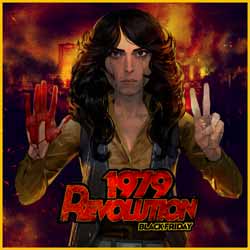 Nima Fakhara: With 1979, I found out about the project about three years ago and the story hit home for me as I was born in Iran myself. I contacted Navid [the creator of the project] and expressed my interest and we started discussing the project at very early stages.
Nima Fakhara: With 1979, I found out about the project about three years ago and the story hit home for me as I was born in Iran myself. I contacted Navid [the creator of the project] and expressed my interest and we started discussing the project at very early stages.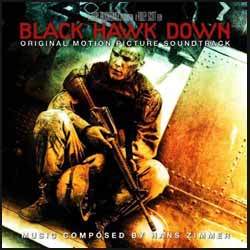
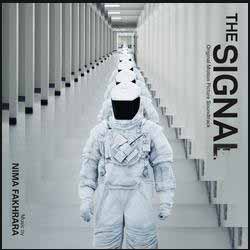 NF: I don’t think I can name one yet. Its like creation of that “Original Idea." I am always in pursuit of that idea, but the journey of finding it is what’s going to be gets passed down. Sorry if I went a bit too philosophical.
NF: I don’t think I can name one yet. Its like creation of that “Original Idea." I am always in pursuit of that idea, but the journey of finding it is what’s going to be gets passed down. Sorry if I went a bit too philosophical. 